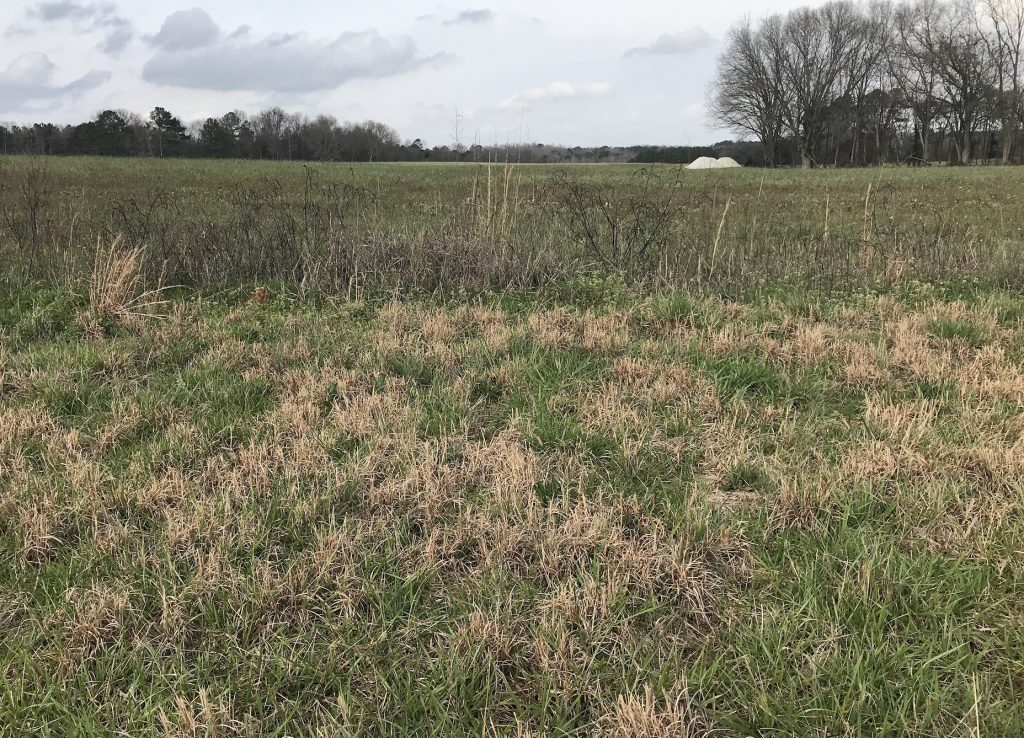Environment
Short Takes
Georgia’s new data center rule increases local controlDecember 1, 2025

By David Pendered
Oct. 1 – For the first time, Georgia has awarded state grants to support the development of affordable housing in rural parts of the state.
Georgia has awarded a total of $8.37 million to five communities: City of Albany, $923,513; City of Colquitt, $2.4 million; Columbus Consolidated Government, $2.3 million; Douglas Coffee County Industrial Authority, $2.3 million, Stephens County Development Authority, $478,400. Details on the use of funds are at the end of this story.
The money is to come through the state’s OneGeorgia Authority and is funded with proceeds of Georgia’s share of the national settlement agreement with four tobacco companies. The 1998 agreement calls for perpetual funding, as long as cigarettes are sold in the receiving states, to offset health care costs associated with smoking-related illnesses.

Georgia is using a portion of the tobacco settlement to support Georgians and counties outside the relatively strong economy of metro Atlanta. The outreach is part of the effort to address the income loss associated with the decline in tobacco farming. Georgia’s tobacco farm acreage has dropped by about 70 percent in the 20 years from 1997 to 2017, according to a report by the Campaign for Tobacco-Free Kids, based on Census data.
Gov. Brian Kemp called for establishing the Rural Workforce Housing Initiative in his January State of the State address. The governor proposed putting $35.7 million into the program. The Legislature approved the project, which is overseen by the Georgia Department of Community Affairs.
Details of Kemp plan are available here.
The Georgia Chamber of Commerce this year endorsed state support for what some business leaders call workforce housing. The state’s largest business organization included rural affordable housing in its 2023 legislative agenda, citing a need “to ensure communities across the state can attract and retain talent.”
Georgia has long induced rural economic development in an effort to provide jobs across the state. The task has become more difficult as housing costs have increased and cost estimates for business relocation or expansion pay greater attention to the housing market their employees will encounter in a community.
In a statement, Kemp said of the grants:
In the statement, DCA Commissioner Christopher Nunn said;
The five communities to receive grants and details of the planned use of funds was provided verbatim by the DCA:

City of Albany
City of Colquitt
Columbus Consolidated Government
Douglas Coffee County Industrial Authority
Stephens County Development Authority

0